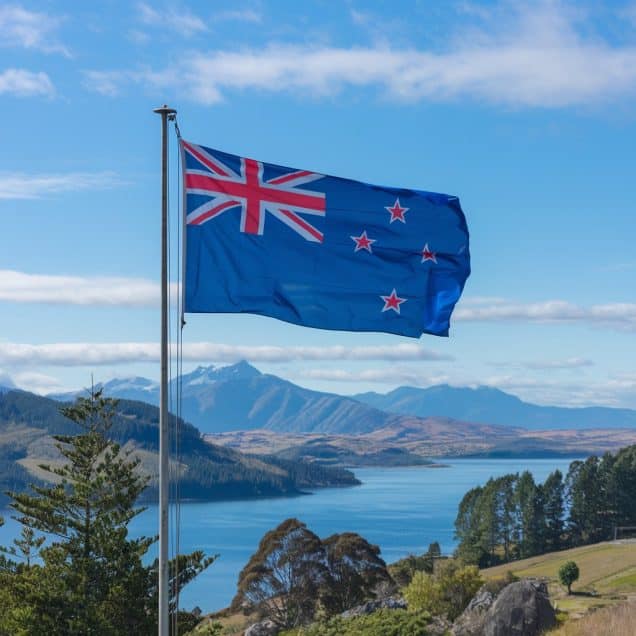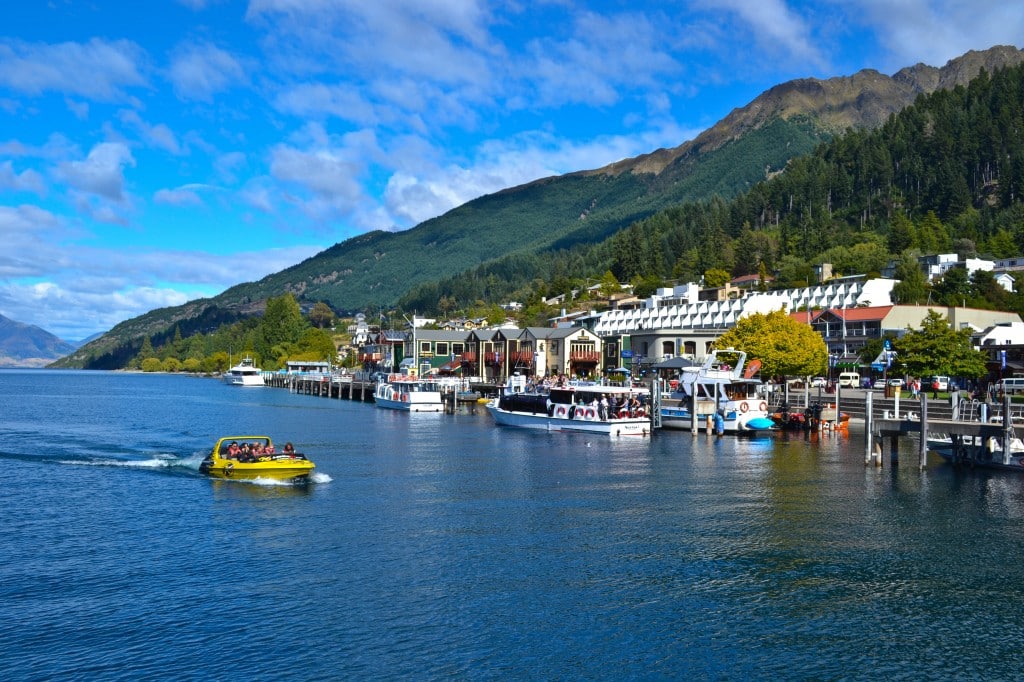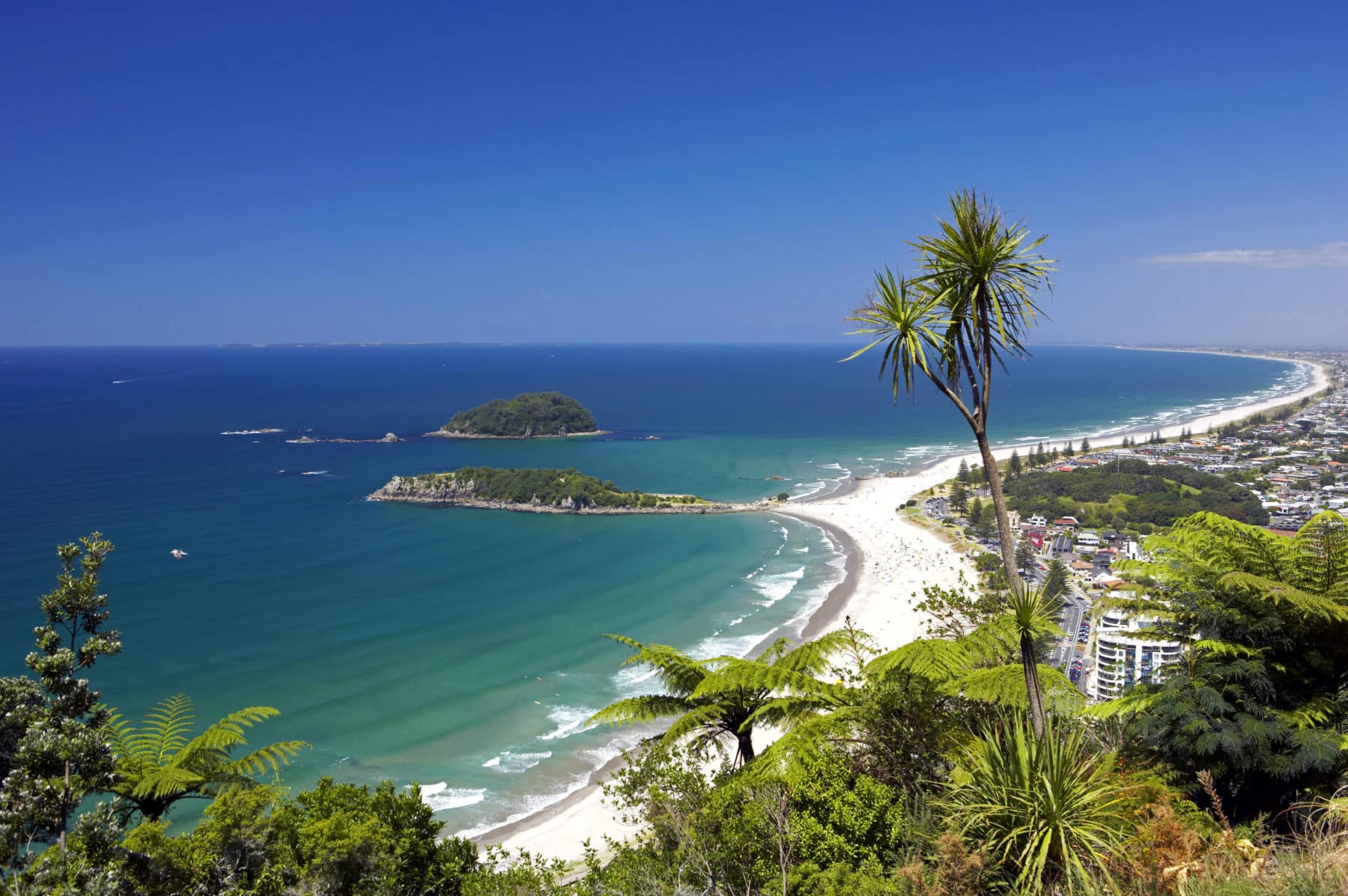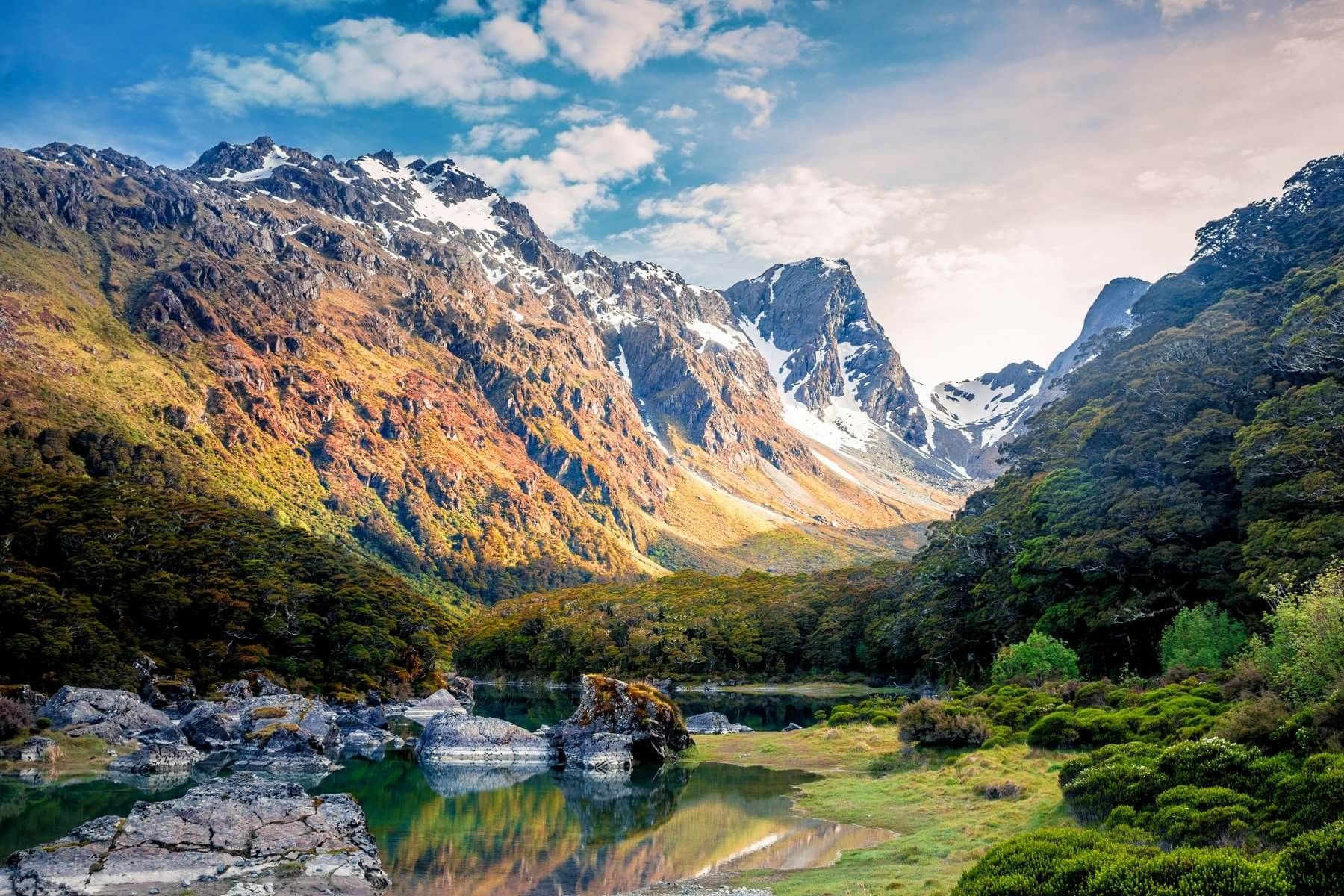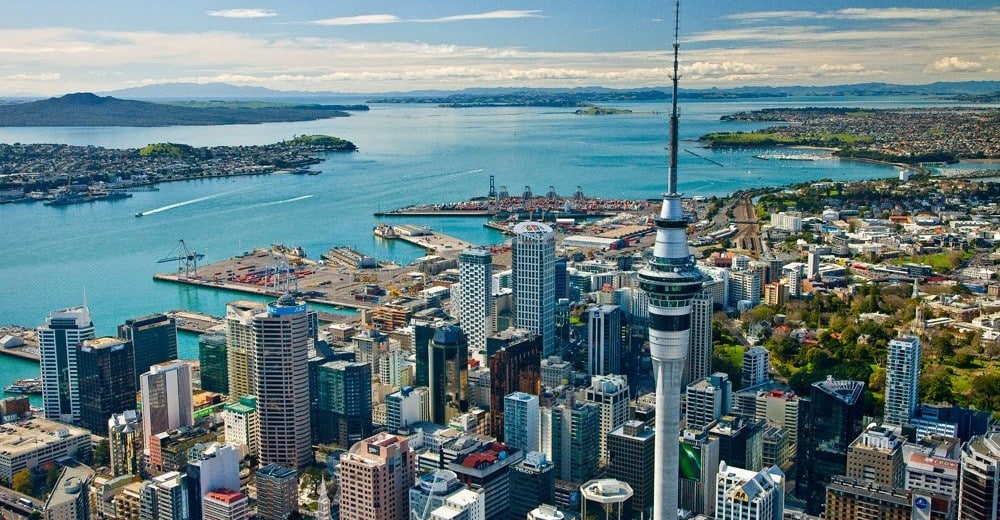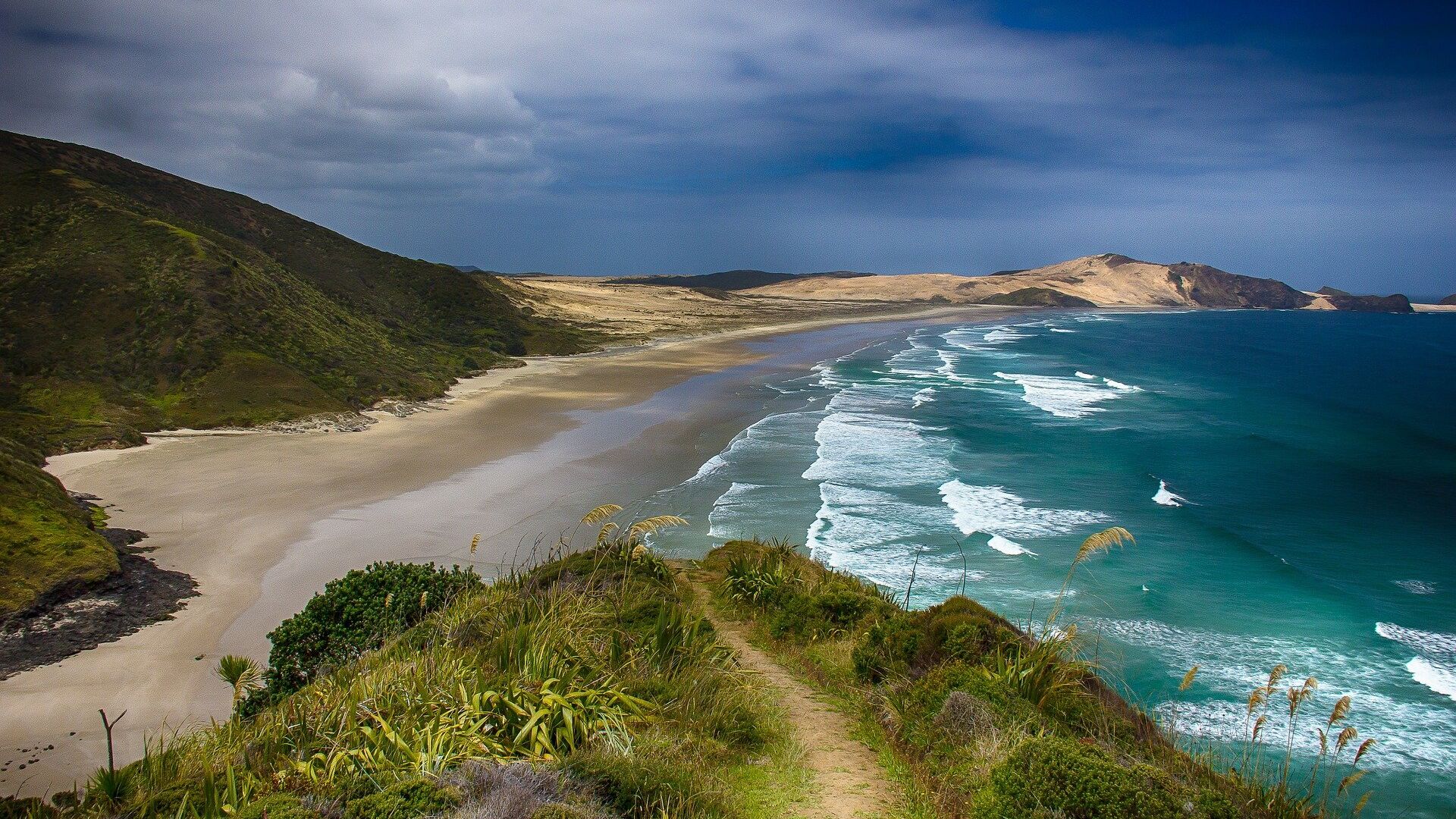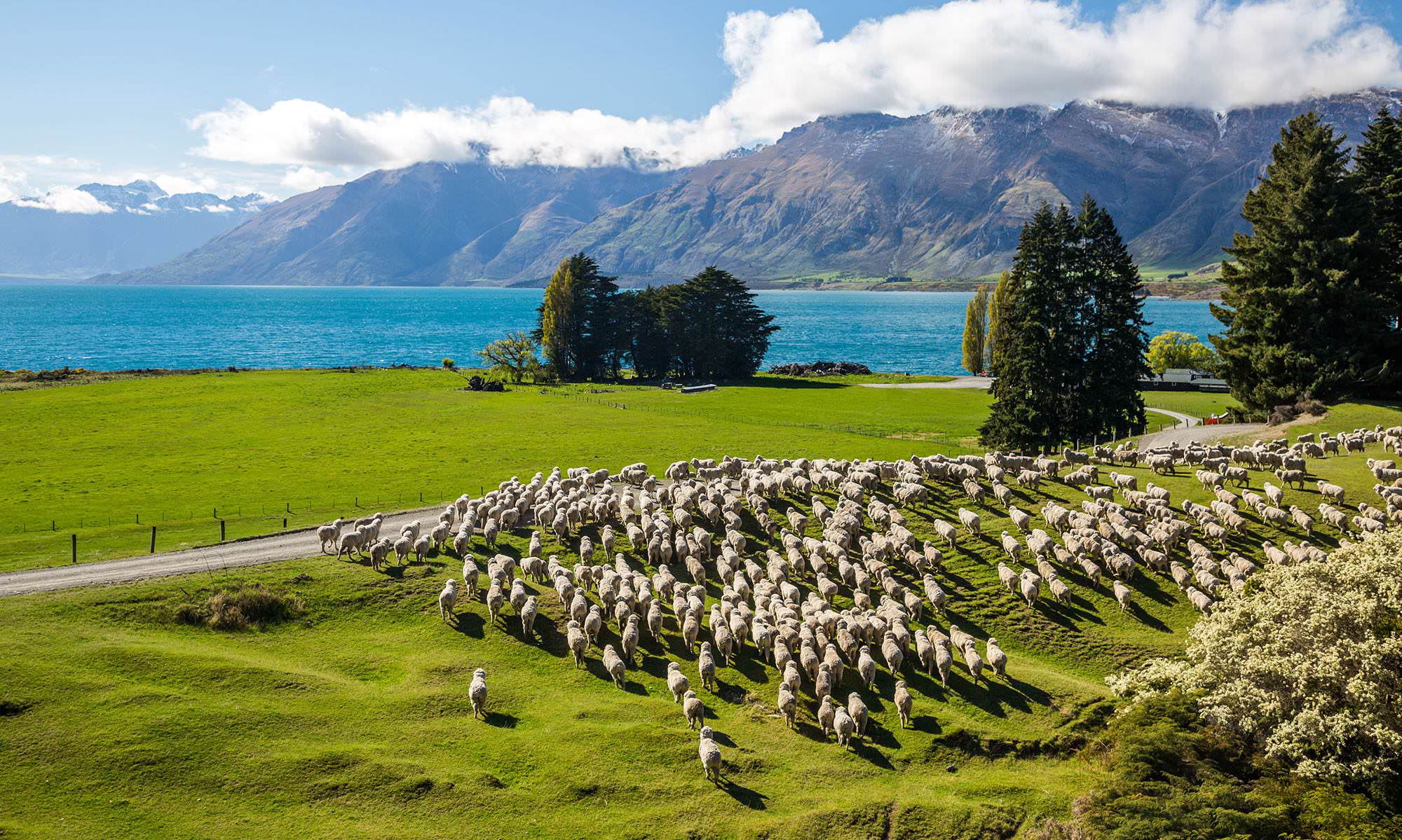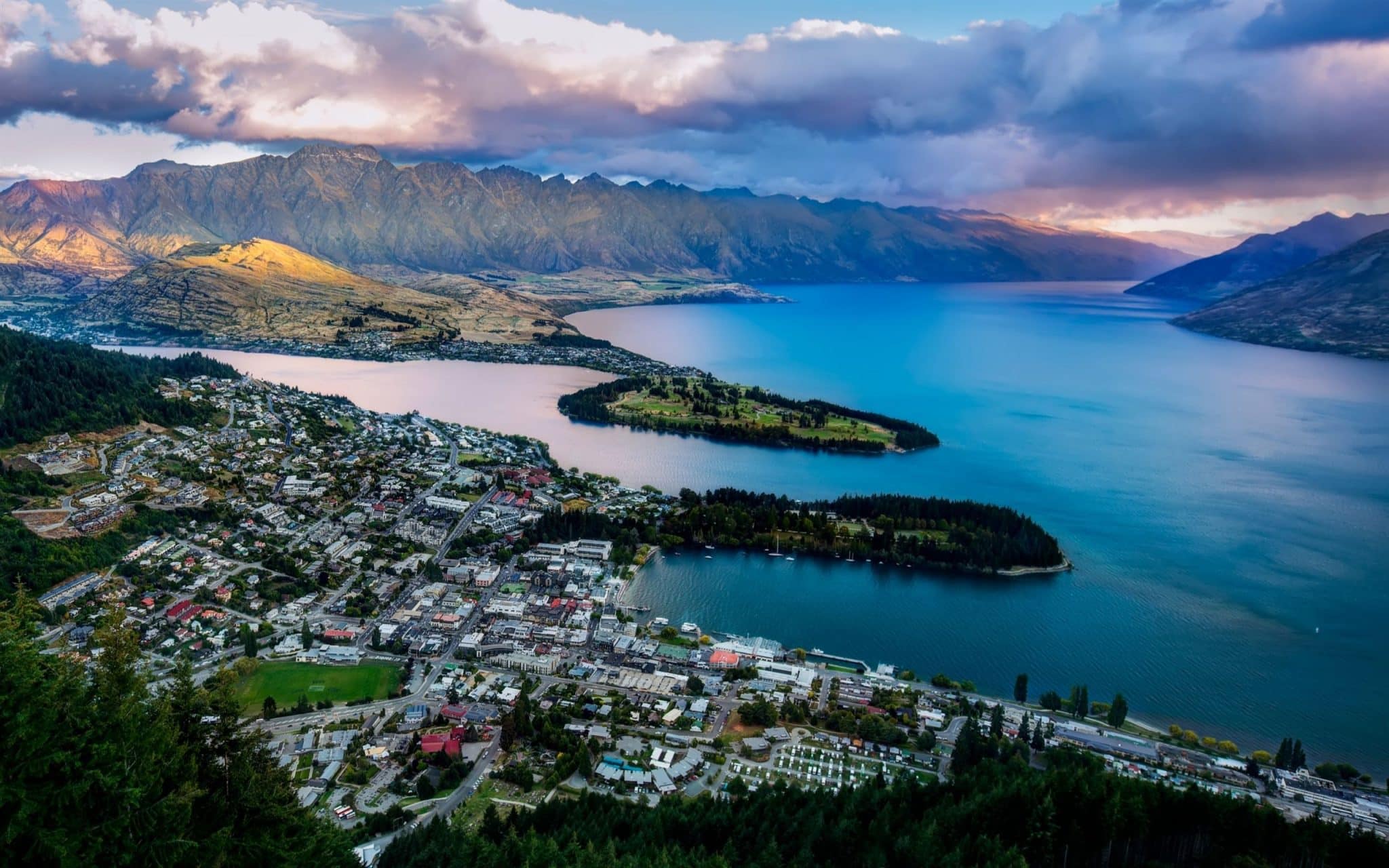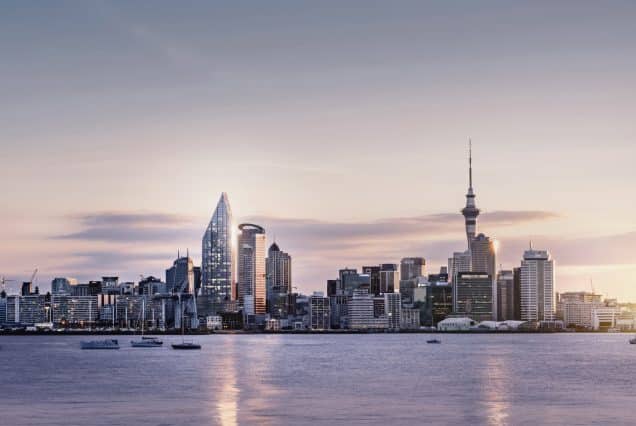

Discover New Zealand
Sights
Map
Info
New Zealand, a land of stunning natural beauty and vibrant cultural experiences, attracts travelers from around the world. To ensure a smooth and memorable trip, it’s essential to be informed about the visa and passport requirements, transportation and accommodation options, dining customs, and cultural norms. Additionally, understanding language, technology, communication, and shopping options will further enhance your experience in this picturesque country.
Visa and Passport Requirements
Visa-Free Travel: Citizens of several countries, including the U.S., Canada, and EU nations, can visit New Zealand visa-free for up to 90 days.
Electronic Travel Authority (ETA): Travelers from visa-waiver countries must apply for an ETA before arrival.
Passport Validity: Your passport should be valid for at least three months beyond your intended departure from New Zealand.
Transportation
Domestic Flights: Due to the distance between major cities, domestic flights are a quick and popular option for traveling across the country.
Car Rentals: Renting a car or campervan is common for exploring New Zealand’s scenic landscapes, but be prepared to drive on the left side of the road.
Buses and Trains: Intercity buses and scenic train routes are available for those looking to travel between cities without flying.
Accommodation
Hotels and Resorts: New Zealand offers a wide range of accommodations, from luxury resorts to budget-friendly hotels in major cities and tourist areas.
Holiday Parks and Campgrounds: Popular for road-trippers and nature enthusiasts, holiday parks offer camping sites and basic facilities.
Hostels: Backpackers can find affordable lodging in hostels, especially in tourist hubs like Auckland and Queenstown.
Dining
Local Cuisine: New Zealand’s cuisine features fresh seafood, lamb, and produce, with traditional Māori dishes like hāngī offering a unique experience.
Cafes and Restaurants: The café culture is strong, with a focus on fresh, local ingredients and fusion cuisine influenced by Pacific and Asian flavors.
Street Food: In larger cities and during festivals, food trucks and markets offer an affordable way to sample a variety of local flavors.
Cultural Considerations
Respect for Māori Culture: The Māori people have a significant influence on New Zealand’s culture, and it’s important to show respect for their traditions, language, and sacred sites.
Tipping: Tipping is not customary in New Zealand, but rounding up the bill for exceptional service is appreciated.
Environmental Awareness: New Zealanders take great pride in protecting the environment; adhering to eco-friendly practices is encouraged.
Language
English Language: English is the dominant language in New Zealand, and communication is easy for most international travelers.
Māori Language: While not widely spoken, you will encounter Māori words and place names, and learning a few basic phrases is appreciated.
Technology and Communication
Wi-Fi Access: Free Wi-Fi is common in hotels, cafes, and public areas, though speeds can vary, particularly in rural areas.
Local SIM Cards: Purchasing a local SIM card with data is easy and cost-effective, providing reliable communication and internet access throughout your trip.
Shopping and Payment
Credit Cards and EFTPOS: Credit cards and EFTPOS (Electronic Funds Transfer at Point of Sale) are widely accepted, though carrying some cash is useful for smaller purchases.
Local Products: New Zealand is famous for its wool, manuka honey, and jade (pounamu), making these popular souvenirs.
GST Refund: New Zealand does not offer a GST refund for tourists, so prices include the Goods and Services Tax (GST).

